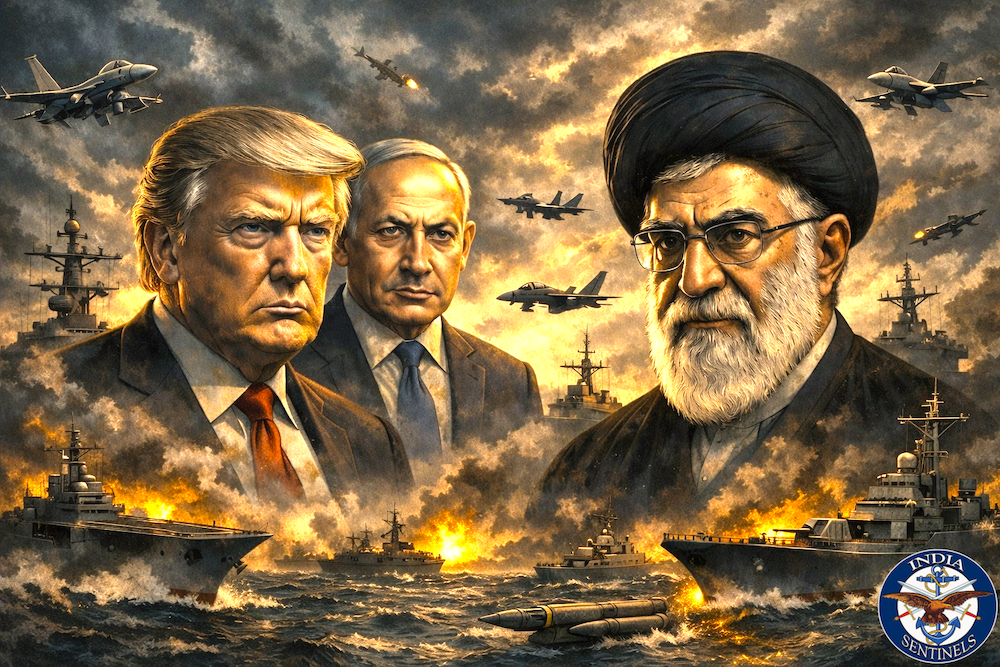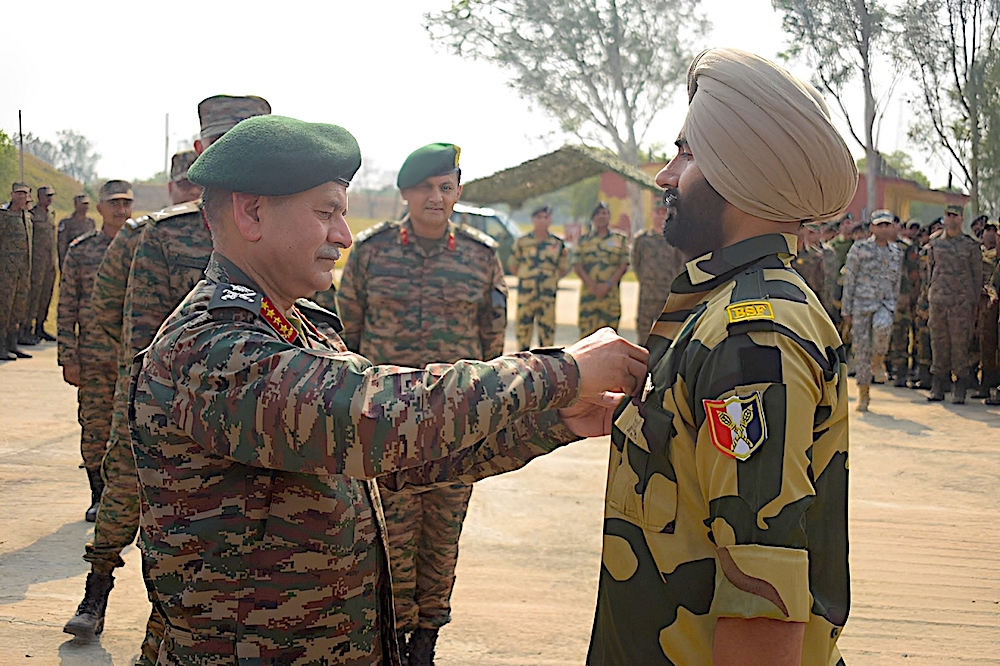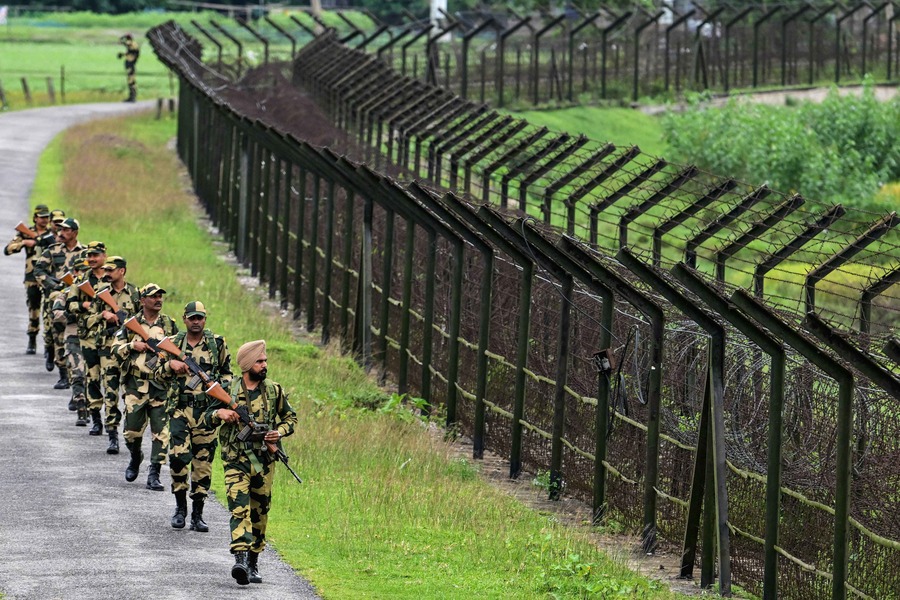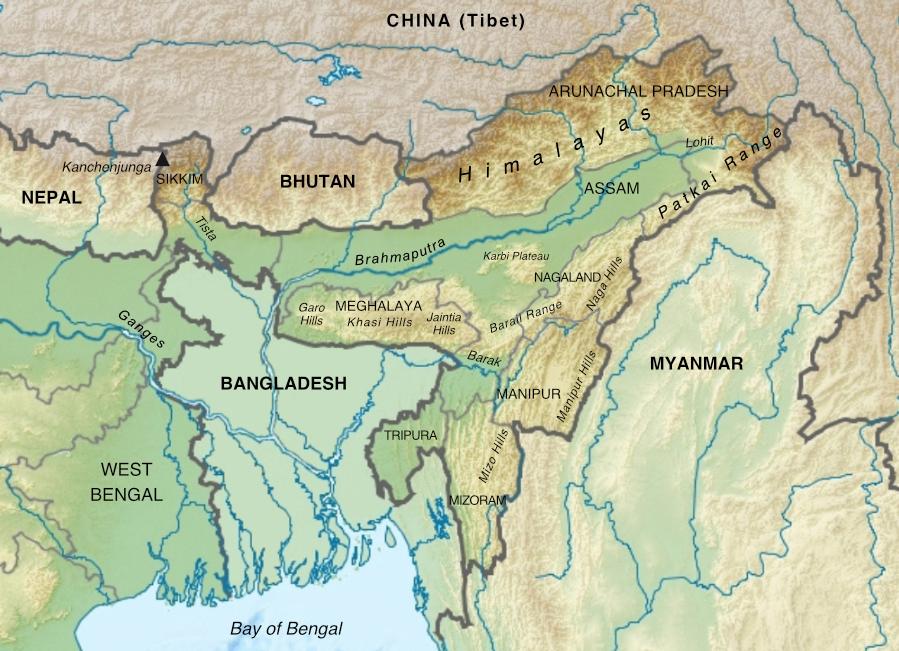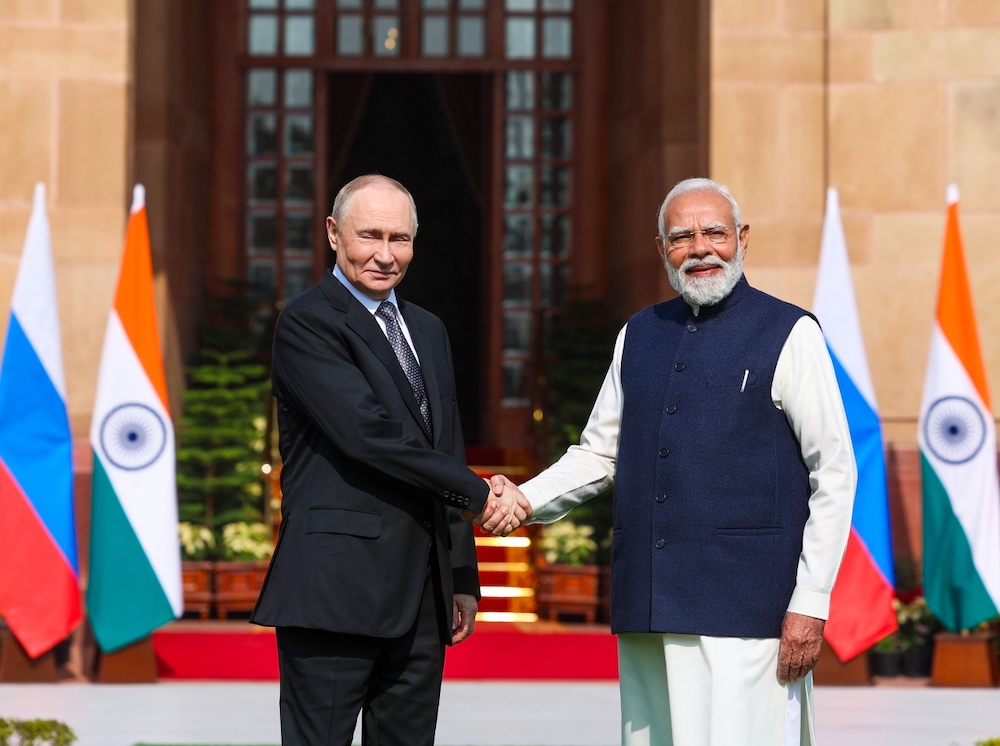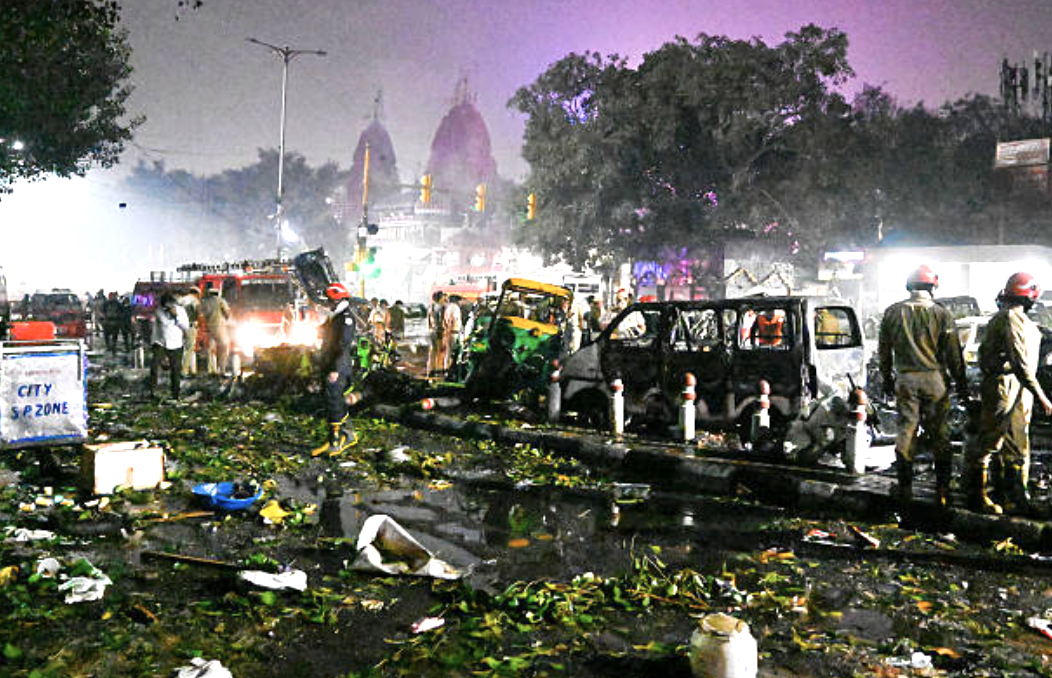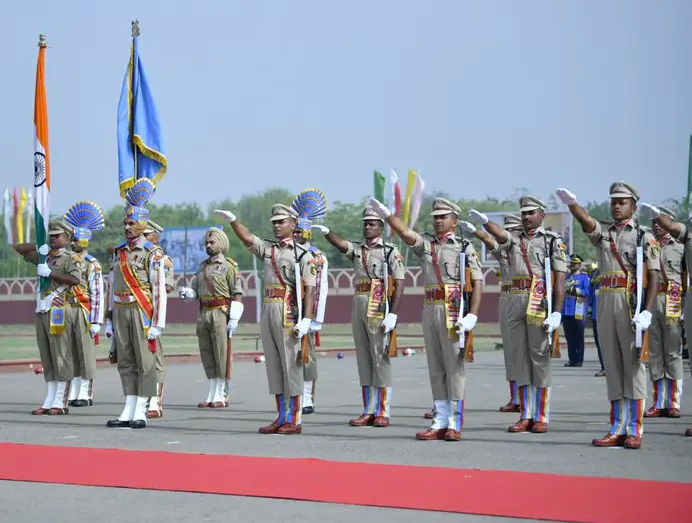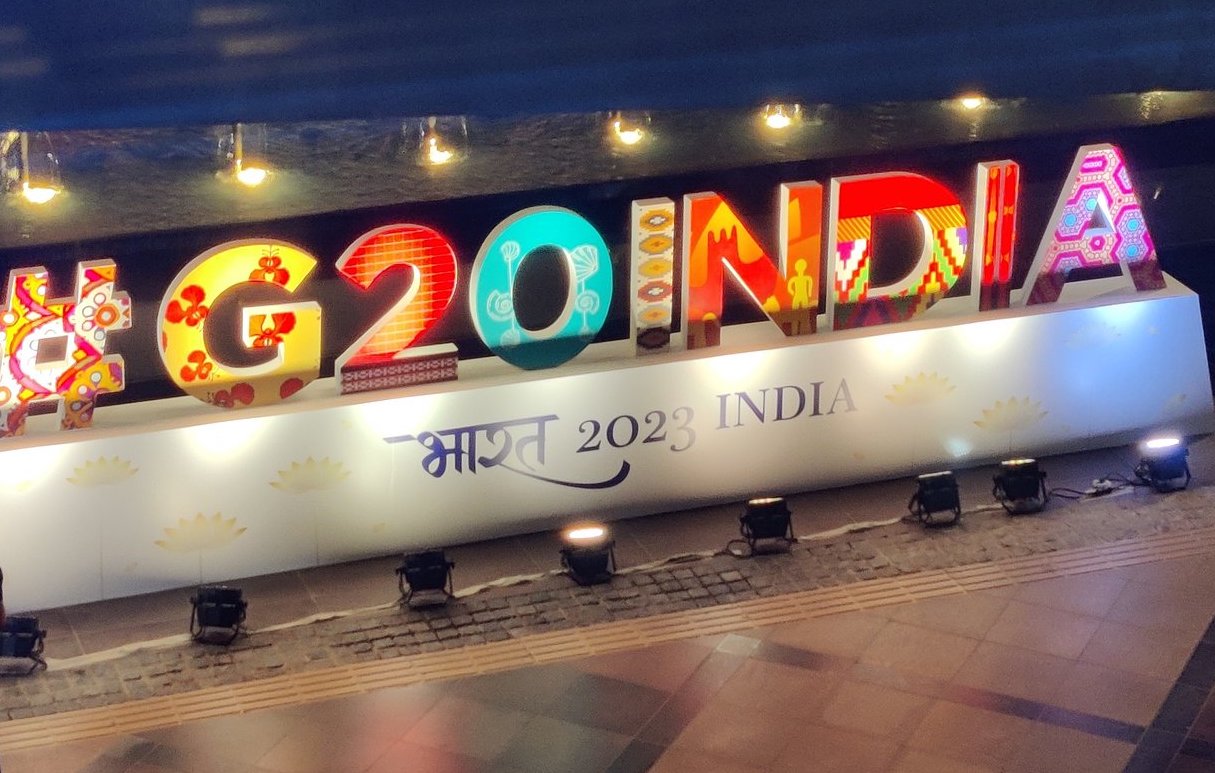
India’s endeavour to transform the Group of 20, or G20 as it is commonly called, into a more apt “Geo20 (“geo” from “earth”) with its theme “Vasudhaiva Kutumbakam” (the world is one family) gives a major momentum to a more sustainable and inclusive world. The G20 is the most powerful group of nations that represents two-thirds of the global population and 85 per cent of the global economy to a more inclusive future. India echoing the voice of the “global south” is a step forward in that direction.
The global south has been facing deep-rooted socio-economic challenges, which makes it difficult with their limited resources to get in sync with modern developmental paradigms. The G20 possesses the knowledge, expertise, and the financial resources required to reverse trajectories that have gone off track recently.
Recognized as a premier forum for economic and financial cooperation for the developed and emerging economies, the G20 was formed at the backdrop of the 1997-1998 Asian financial crisis and subsequently upgraded post-global economic crisis of 2007. It was realized that an insulated top-down approach in global policymaking is not the way forward in this interdependent and interconnected world. Emerging economies emerged as global growth engines and earned themselves the seat at the high table. Every crisis presents an opportunity to learn and grow. The G20 subsequently has delved itself into more human-centric issues towards a futuristic, prosperous, inclusive, and developed society.
The G20 transcends the limitations of 20th-century multilateral and supranational institutions. As a 21st-century multipolar international system, it fits well within India’s goal towards reformed multilateralism that creates more accountable, inclusive just, equitable, and representative global order. Most of the multilateral institutions are held hostage by the ghosts as well as triumphs of the past.
The credibility of the existing international systems has been eroding off late. Most recently failure of global institutions was witnessed during the Covid-19 pandemic where the nations were operating in silos with their borders shut and the dependent world left helpless. The ruptured global landscape due to international conflicts has further complicated the situation where most of the countries of the global south are battling hunger and energy scarcity with no allegiance to any axis, but still battered by its impact.
India must protect the sanctity of the G20 by not allowing it to be hijacked by narrow-interest groups and conflicts. It must be a forum for positive action-oriented solutions to world issues driven by proactive initiatives of individual nations collectively. The G20 must continue to do what is felt right and not what is told right.
That brings us to India's G20 presidency and its focus on the global south. The global south refers to those countries often characterised as developing, less developed, or underdeveloped. These countries are primarily located in Africa, Asia, and Latin America with higher levels of poverty, income inequality, and challenging living standards. India has emerged as the leader of the global south in multiple platforms. The G20 presidency has given it a chance to show its commitment to their cause.
India’s call for the inclusion of African representation in the G20 is a welcome step. The Indian foreign minister, S Jaishankar, has been vocal about the global south being largely reduced to being a consumer rather than a producer and had not been able to reap the full benefits of economic change. They often ended up saddled with unviable debts emanating from opaque initiatives, such as China’s “Belt and Road Initiative”, which many believe is mostly based on economic imperialism. That was accelerated rapidly by the multiple shocks of debt, Covid-19 pandemic, conflicts, and the complete apathy of the global financial systems towards their cause and need.
India’s relevance in the global south has gained credibility with its action-oriented approach towards their needs. At the peak of Covid-19 pandemic, India opened its door to the world when globalization failed. It left no stone unturned to make its vaccine available along with all other medicinal supplies to the poorest of the nations. In a speech, the president of Guyana, Irfaan Ali, hailed the Indian prime minister, Narendra Modi, by saying: “India demonstrated what real hope and love looks like at the hardest of times. India lit the torch of hope that globalisation could still succeed.” This was a testimony to India’s sincerity towards its principle of universal brotherhood.
India can further its human-centric approach towards technology and facilitate greater knowledge sharing in priority areas, like digital public infrastructure, financial inclusion, and tech-enabled development in sectors ranging from agriculture to education. India also needs to push for a shift in the global supply chain towards developing and underdeveloped nations. Technology and knowledge sharing is a must to enable sustainable development goals. Developed world must rethink its common but differentiated responsibility to the future and must provide resources to the lagging part of the world.
India’s G20 presidency is also unique as it demonstrated democratisation of diplomacy by taking it to the people. This G20 presidency is aptly being referred to as the “people’s presidency”. India has democratized its G20 presidency by detaching from the “Delhi-centric” approach. Several meetings were held in Itanagar, Kashmir, Gandhinagar, and Jaipur among other cities. It has given an immense opportunity to India to showcase its vibrant cultural and natural landscape. For the first time, people were cognizant of India’s role in driving global diplomacy. Public participation infused a new life to the year-round event.
India has infused new vigour to the G20 by making it more inclusive. Call for “more diversified and more democratic” re-globalization resonates with most of its stakeholders. The core mandate of the G20 was to promote economic growth and development. However, it could not advance if the crucial concerns of the global south in critical areas, such as debt and finance, sustainable development, climate action, food security, and women-led development, were not addressed.
The G20 “troika” of the past, present, and forthcoming leadership (Indonesia, India, and Brazil) marks not only the rediscovery but the re-energizing of the global south. And this group is now a true representative of the world.
Disclaimer: The views expressed in the article are the author’s own and don’t necessarily reflect the views of India Sentinels.
Follow us on social media for quick updates, new photos, videos, and more.
Twitter: https://twitter.com/indiasentinels
Facebook: https://facebook.com/indiasentinels
Instagram: https://instagram.com/indiasentinels
YouTube: https://youtube.com/indiasentinels
© India Sentinels 2023-24

